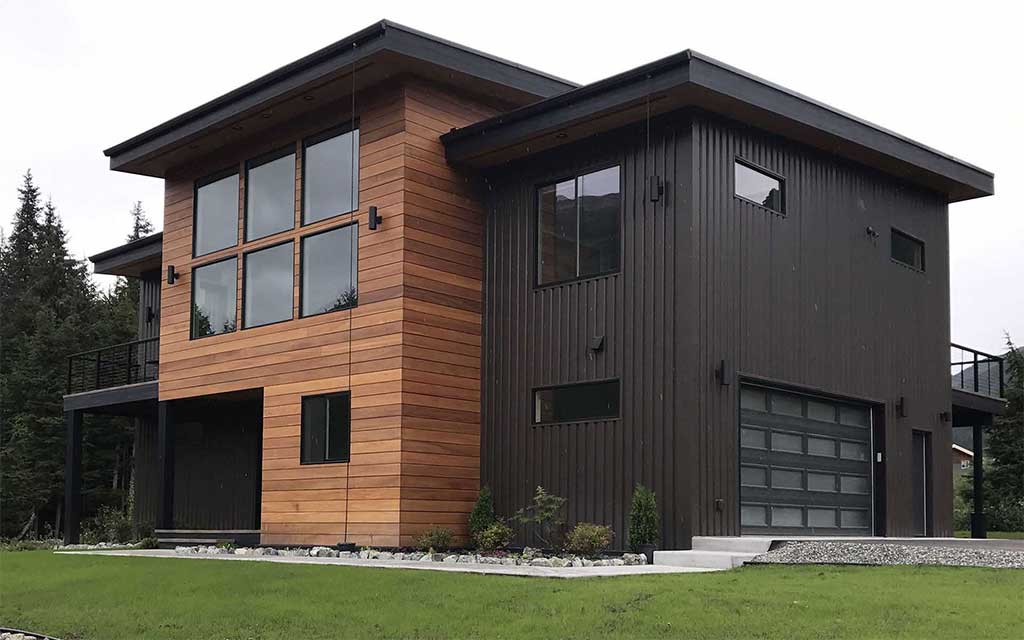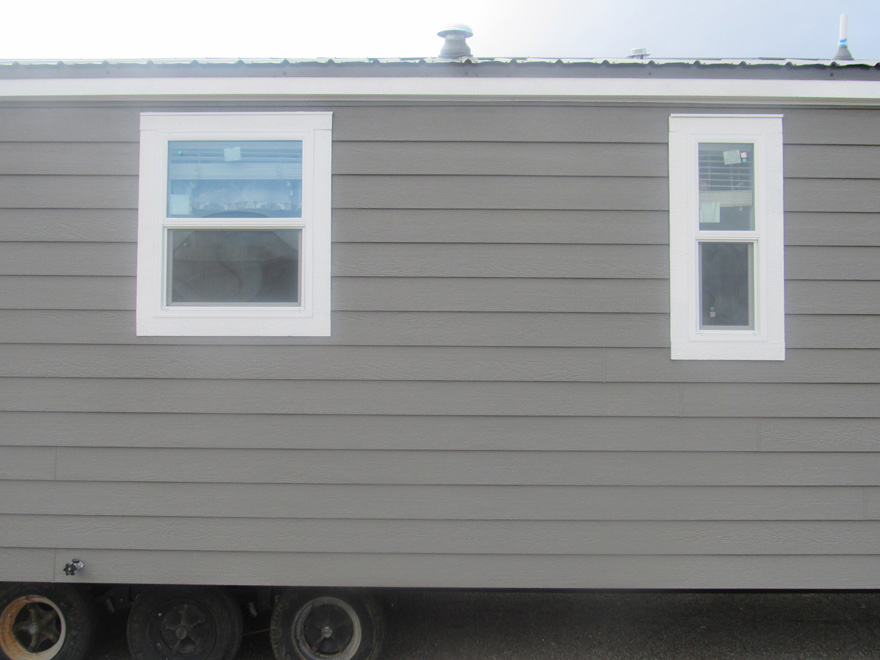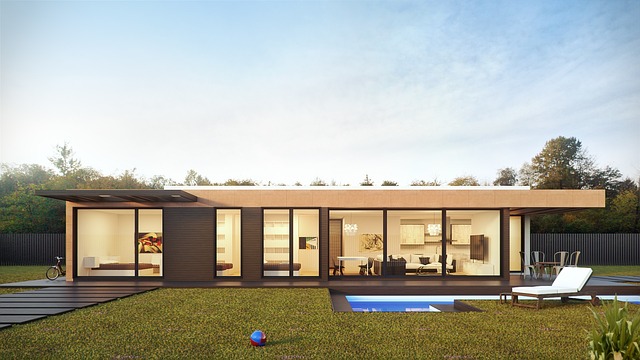
The exterior wall design element of a home builder is a crucial part of their arsenal. It's also often the most expensive. There are many design tools and techniques that you can choose from. The best way to find out what works for you is to experiment with different materials and designs. This will allow to you to pick a combination which is both functionally appealing and pleasing to your eye.
One of the most thrilling parts of the whole process is selecting the right cladding materials for the job. Brick is a great material to use in winter and summer. The cladding will coordinate with the rest.

Plants can also be incorporated into your design plan. The outside will be more than a place for the home owner to work in. It can also be transformed into a living space by adding plants, trees, and shrubs. You'll enjoy a better view and a happier place to live.
This task can be done in a variety of ways, including DIY or hiring a professional. The best quality material is durable and easily replaceable if it gets damaged. Terracotta is a popular choice, as well as fibreglass. If you intend to have a pool in future, the latter is especially helpful.
The most important decision that you have to make is to choose the right materials, colors, and styles to match the home's style. You also need to consider whether you want a modern or traditional style. Depending on the size and configuration of the house, you may need to enlist the help of architects and designers to achieve a satisfactory design. A reputable firm will be able to offer the requisite advice and guidance. This is especially true if you're considering building a custom home. You will be able to select a company with a track-record and a strong reputation.

Do yourself a favor and use the internet's wealth of information to find out about different construction methods and materials before you rush to tear down the carpets and begin building your dream home. You can find a lot more about the materials and techniques involved in building a home on the Internet, from the best material to use for your walls, to the newest and most efficient roofing systems on the market.
FAQ
What should I do before renovating a home?
Cleaning out clutter inside and out is the first step to fixing up a house. Next, you will need to eliminate mold, repair or replace any damaged walls, repaint your entire interior, and fix any leaky pipes. Next, clean the exterior surfaces and paint.
What are my considerations when purchasing a new house?
Be sure to have enough money in reserve for closing costs before you purchase a new home. Refinancing your mortgage might be an option if you don’t have enough cash.
Is it better to hire either a general or subcontractor?
Hiring a general contract is typically more costly than hiring subcontractors. A general contractor often has many workers, which means they can charge their clients more for labor. A subcontractor, on the other hand, only hires one worker, and charges less per hour.
Statistics
- On jumbo loans of more than $636,150, you'll be able to borrow up to 80% of the home's completed value. (kiplinger.com)
- Most lenders will lend you up to 75% or 80% of the appraised value of your home, but some will go higher. (kiplinger.com)
- A final payment of, say, 5% to 10% will be due when the space is livable and usable (your contract probably will say "substantial completion"). (kiplinger.com)
- ‘The potential added value of a loft conversion, which could create an extra bedroom and ensuite, could be as much as 20 per cent and 15 per cent for a garage conversion.' (realhomes.com)
- It is advisable, however, to have a contingency of 10–20 per cent to allow for the unexpected expenses that can arise when renovating older homes. (realhomes.com)
External Links
How To
5 Things You Should Know Before Starting Your House Renovation
-
Are you sure that this is something you want to do? If you are planning to do major home improvements like renovating your bathroom or building new houses, you will likely need help. It's possible to feel overwhelmed by such a large project. This could cost you a lot of money and time, and you may not get any real benefit from it. Instead, hire someone who has experience in this field to assist you. They will help you save time and stress and still give you a beautiful home to live in.
-
How much should a project cost? This is a common question, but it can make renovations more expensive. This is because most of the cost will be recouped at the end. Keep your budget in mind. A lack of a budget could mean that you end up spending a fortune and getting nothing in return.
-
Do I choose to hire professionals or DIY? - There's no right or wrong answer here, but we'd recommend hiring professional tradespeople if you can afford them. After all, they'll be able to give you advice on how best to proceed with your project. They'll install your plumbing correctly, provide a warranty, and ensure everything goes according to plan. DIY projects are often a trial-and-error process, so you'll need to learn a lot from your mistakes. Plus, you'll have to deal with all sorts of problems that arise during the process.
-
Are you able to afford it? - Don’t underestimate the cost associated with a home renovation. Even if you believe you can handle it yourself, it might be necessary to borrow money from your family or friends just to cover the costs. You should also consider the cost of selling your property if you plan to move soon after the renovations are completed.
-
How do I begin? There is no wrong or right place to start when it comes time to choose where to begin. We suggest you choose something you like to do. It will motivate you to work harder and reduce procrastination. Avoid areas that require constant maintenance. For instance, you shouldn't attempt to redecorate your living room if you're constantly dealing with dust and dirt.